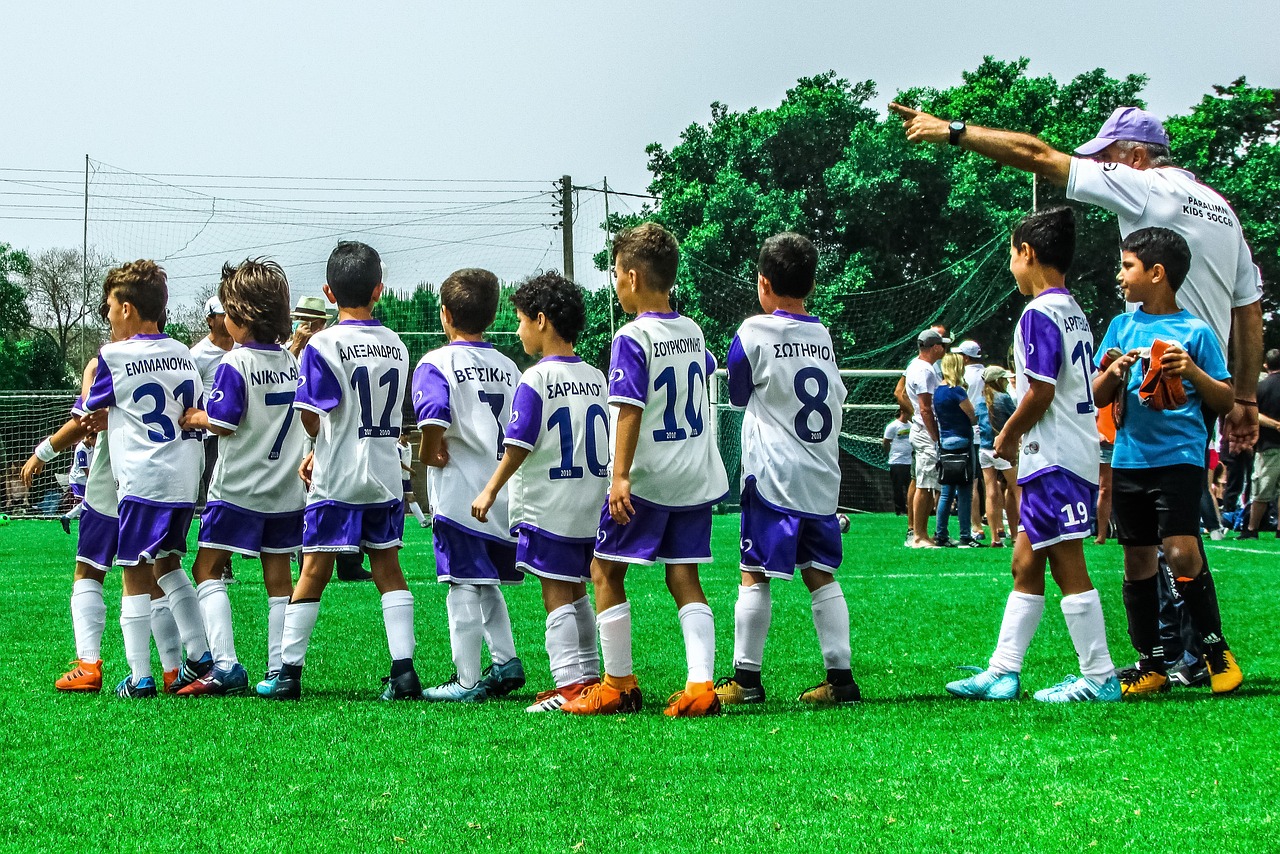In youth sports, emotions can run high whether it’s about a coach’s decision, a program’s structure, or a referee’s call. However, it’s important to approach these situations with a calm, measured response to avoid escalating the problem. Here’s a guide on what to do if you find yourself unhappy with a coach, program, or referee.
General Guidelines for Addressing Concerns
Implement the 24-Hour Rule
Before taking any action, give yourself 24 hours to let emotions cool down. Whether it’s a heated moment during a game or frustration from a practice, waiting allows time for clearer thinking. After the initial intensity passes, you might find that the issue doesn’t feel as urgent, and you’re able to approach it more logically.
For Serious Complaints, Use SafeSport
In cases involving severe misconduct, such as abuse, you can file a complaint with SafeSport. This organization handles reports related to physical, emotional, or sexual abuse within sports programs.
For Immediate Threats, Contact Authorities
If a situation involves life-threatening behavior or a crime, don’t hesitate to contact 911 immediately. Safety should always be the top priority.
What to Do If You’re Unhappy with the Coach
If you have concerns about your child’s coach, it’s important to approach the situation calmly and respectfully. Here’s a step-by-step guide on how to escalate the issue, starting with a conversation with your child and coach, and moving through other avenues if needed.
1. Talk to Your Child First
Before confronting the coach or anyone else, have a conversation with your child. Especially if you’re not at practices, they might have had direct discussions with the coach that you’re unaware of. Ask questions like:
- Have you spoken with the coach about this?
- Did the coach explain why they did that?
Encouraging your child to take initiative and speak with the coach directly, especially for more minor concerns like playing time, can empower them to advocate for themselves and understand the coach’s decisions. This helps build communication skills and confidence in resolving issues.
2. Speak Directly with the Coach
If you’re still concerned after talking with your child, approach the coach. Many times, there are valid reasons behind a coach’s decisions that may not be obvious. For example, if your child is pulled from a game, it could be due to anything from needing rest to receiving further instruction. Coaches are strategists with a bigger picture in mind, so give them the opportunity to explain their reasoning.
3. Speak with an Assistant Coach or Consult the Team Manager
If you’re uncomfortable speaking directly with the head coach, or they’re not easily approachable, try talking with an assistant coach. They can provide perspective and may be able to address your concerns in a less formal manner.
Alternatively, team managers often act as a liaison between the parents and the coaching staff. They might be able to help you communicate your concerns to the coach or offer advice on how to handle the situation.
4. Contact the Club
If your issue still isn’t resolved, consider reaching out to the club. They may have resources to handle disputes, such as providing additional training for coaches or even reassigning coaches in more serious cases.
5. File a Complaint with the State’s Youth Soccer Association
If club-level efforts don’t solve the issue, you can escalate the situation by submitting a formal complaint to your state’s youth soccer association. They typically oversee more serious concerns and can investigate any inappropriate behavior or misconduct.
6. Serious Complaints or Immediate Threats
In cases of severe misconduct, such as abuse, you can file a complaint with SafeSport, which handles reports related to physical, emotional, or sexual abuse within sports programs. If the situation involves a life-threatening incident or a crime, contact 911 immediately. Safety should always be the top priority.
How to Handle Issues with Referees
Referee Complaints: Go Through the Coach
If you’re unhappy with a referee’s decisions, bring the issue to your coach first. Coaches have more leverage when filing official complaints on behalf of the team, and these tend to be taken more seriously than individual parent complaints.
Final Thoughts on Addressing Concerns
By following these steps, you can address concerns in a way that promotes understanding and resolution, rather than escalating emotions. Remember, your role as a parent is to support your child and their team, and addressing concerns calmly can help foster a positive experience for everyone involved.




